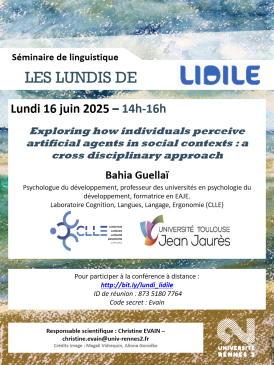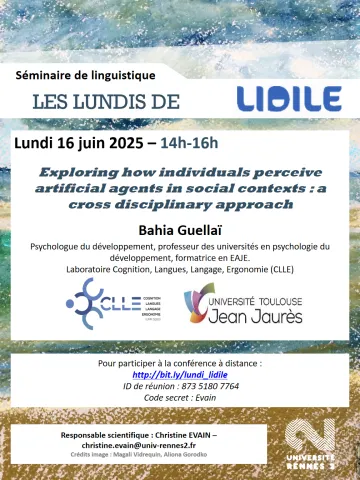
We live in an era of rapid technological changes, where interactions between individuals and artificial intelligence (AI) have become a reality. This shift has significant implications for how we think about and (re)define our interactions with both living and non-living entities. More specifically, how do these technological advances affect individuals' social and moral expectations? We addressed this question through an interdisciplinary approach at the intersection of developmental psychology, ethology, robotics, and philosophy. In a first study, we compared the interactions of young individuals from two social species — human children and zebra finches (Taeniopygia guttata) — with a robotic agent. Our results showed that in both species, young individuals displayed comparable social behaviors regardless of whether the agent was biological or artificial. In a second study, we explored how human adults perceive and evaluate social interactions with various types of artificial agents. We focused on the concept of Perceived Moral Agency (PMA), presenting scenarios involving different kinds of artificial agents (both embodied and disembodied) in urban settings. Quantitative and qualitative data were collected in Singapore and France. Preliminary results indicate that perceptions of PMA vary depending on the type of agent, with robots and humans generally being attributed higher moral agency. However, participants in Singapore attributed overall higher PMA to artificial agents compared to those in France. These findings raise important questions about the role of morality and sociality in human–AI interactions (such as LLMs), particularly in the context of citizens’ everyday encounters with these new types of agents.

